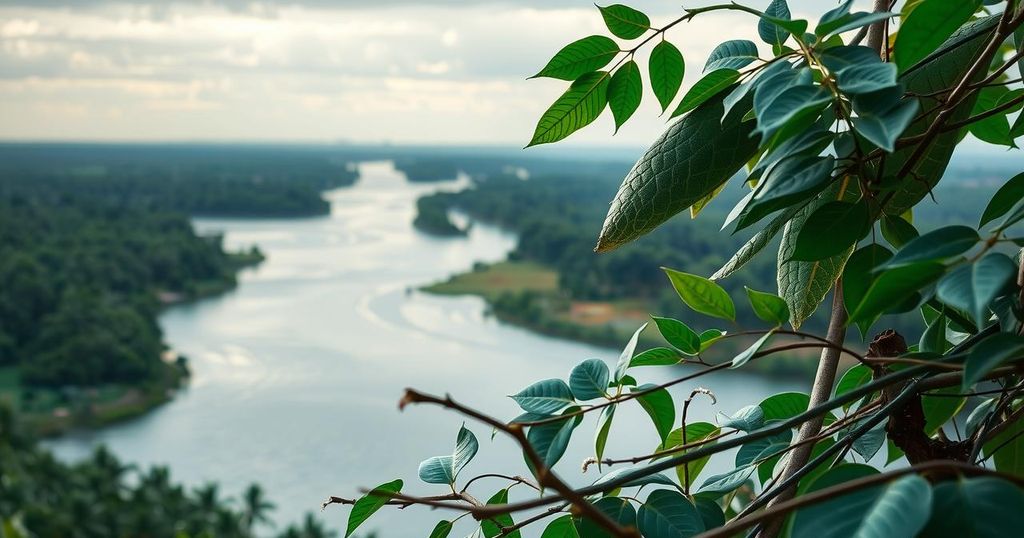The M23 rebellion in the DRC is advancing rapidly, reportedly supported by Rwanda, while Congolese forces weaken. Displacement and violence have surged, leading to a dire humanitarian situation. Diplomatic efforts have failed, raising the specter of a regional conflict akin to the Congo Wars. Proposed resolutions include comprehensive national dialogue to secure peace. Without substantive action, the DRC risks a prolonged civil war.
The M23 rebellion, which many believe is supported by Rwanda, has advanced significantly in the Democratic Republic of the Congo (DRC), overtaking the capitals Goma and Bukavu by late January 2025. Congolese forces, known as FARDC, have struggled to resist the M23 after the departure of European mercenaries. The M23 captured Kamanyola and has continued towards Uvira, prompting Burundian forces to withdraw after losing strategic positions.
As the M23 progresses, Ugandan troops have entered the DRC and taken Bunia, although Uganda insists they are not combatting the M23 but solely targeting the ADF. Allegations of coordination between Ugandan forces and the M23 exist, fueled by comments from Ugandan military leaders supporting the M23’s cause. The humanitarian crisis in the DRC has intensified, with increasing violence and displacement of populations due to the conflict.
Efforts for a ceasefire by the East African Community (EAC) and Southern African Development Community (SADC) have been largely ineffective. Experts attribute M23’s resurgence to support from Rwanda and Uganda, leading to public outrage in Congo, including protests that resulted in embassies being burned. It is feared that the ongoing situation could escalate into a large-scale conflict similar to the First and Second Congo Wars.
The M23’s growth is characterized by improved operational strategies, including administrative control over captured areas and collaborations with other anti-government groups. M23’s pursuit of resource-rich regions such as Rubaya highlights its objectives. Their estimated revenue from resource taxation further sustains their military efforts.
Recent diplomatic discussions have yielded limited results, with notable absences from key DRC officials at summits aimed at addressing regional tensions. The Congolese government’s removal of the EACRF exacerbated relations with regional partners. The current crisis reflects a broader struggle over governance and sovereignty, prompting the need for comprehensive conflict resolution strategies.
Proposed scenarios include full military control by M23 leading to a potential annexation by Rwanda, or a national uprising akin to past conflicts that would extend to the DRC’s capital. Without successful diplomacy, a protracted civil war looms as a viable outcome. A solution emphasized by experts involves organizing inclusive national discussions among all political factions to build lasting peace.
The situation in the Democratic Republic of the Congo remains dire, with the M23 rebellion advancing rapidly and escalating humanitarian crises. Diplomatic efforts have failed to stop violence, raising the likelihood of a broader conflict. Experts suggest that without inclusive dialogues and comprehensive governance reforms, the DRC risks reliving past tragedies, highlighting the urgent need for both domestic and regional cooperation to restore peace and stability. Failure to act could lead to new cycles of conflict, terrorism, and further displacement, underscoring the international community’s vital role in supporting peace initiatives and facilitating greater understanding among the DRC’s diverse groups.
Original Source: reliefweb.int






